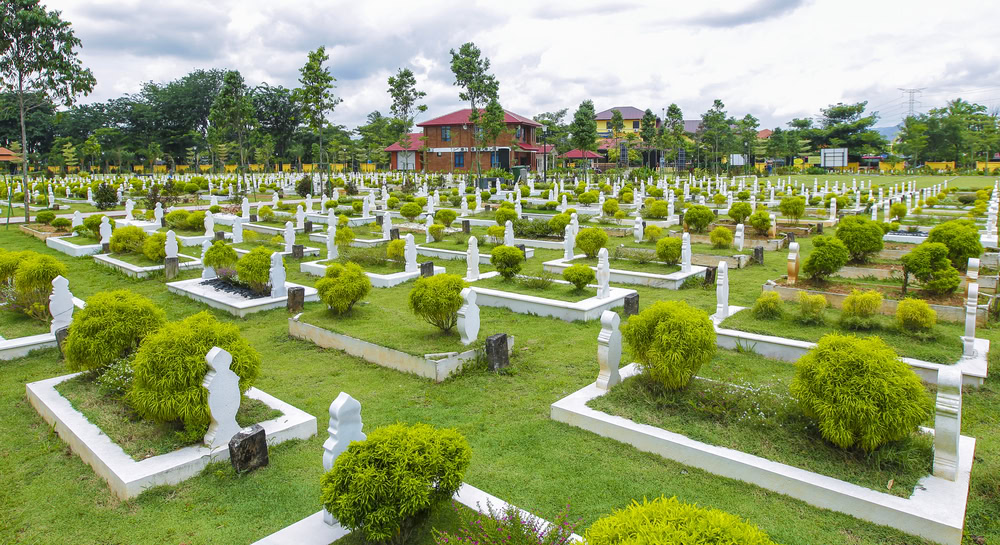Can Individuals Apply “An Eye for an Eye”?
Shafi'i Fiqh
Answered by Shaykh Irshaad Sedick
Question
I seek your guidance regarding a matter concerning certain Muslims who are disrupting the Muslim community in France. They claim the right to carry out acts of murder or seek revenge outside the jurisdiction of an Islamic court based on the principle of reciprocity: “an eye for an eye, a tooth for a tooth.”
I would like to understand if it is permissible for an ordinary individual to apply this principle, both within and outside an Islamic court. Furthermore, could you please explain the meanings and applications of the terms “Qisas” and “Diya”?
It is concerning that this principle is often invoked with no legal framework solely based on emotional motivations. I am seeking clarity on the legality of such actions within the teachings of Islam.
Answer
In the Name of Allah, the Most Merciful and Compassionate. May Allah alleviate our difficulties and guide us to what pleases Him. Amin.
Understanding “Qisas” and “Diya”
Two critical concepts related to justice and the Islamic penal code are “Qisas” and “Diya.” Qisas refers to seeking equal retribution for intentional harm or murder. On the other hand, Diya involves compensating the victim or their family for intentional and accidental harm or death. These principles ensure fairness and provide a framework for justice within Islamic teachings. [Keller, Reliance of the Traveller]
The Role of an Islamic Court
To maintain order and fairness, the implementation of Qisas and Diya must go through an Islamic court or a recognized legal system. Ordinary individuals cannot take matters into their own hands by seeking revenge or inflicting harm. The court ensures that the principles of justice and Islamic law are upheld and decisions are made based on clear evidence and proper procedures. [Nawawi, al-Majmu‘]
The Importance of Avoiding Vigilantism
It is essential to understand that seeking revenge based on personal emotions and without proper legal authority goes against the teachings of Islam. Islam emphasizes the importance of avoiding vigilantism and relying on established legal systems to address grievances. Taking matters into one’s own hands can lead to chaos, further harm, and a breakdown of societal order, and Allah knows best.
Allah (Most High) says, “Indeed, Allah commands you to return trusts to their rightful owners; and when you judge between people, judge with fairness. What a noble commandment from Allah to you! Surely Allah is All-Hearing, All-Seeing.” [Quran, 4:58]
Seeking Knowledge and Guidance
When these principles are being applied without adherence to legal rules, it is crucial to seek knowledge and guidance from qualified scholars and legal experts. They can clarify and help address misunderstandings or conflicts within the Muslim community. It is essential to follow the proper channels of justice and work towards reconciliation and harmony.
Remember, Islam promotes justice, fairness, and the rule of law. It is vital to seek knowledge, consult reliable sources, and approach conflicts with wisdom and patience. May Allah guide us all to uphold justice and contribute to a peaceful society.
I pray this is of benefit and that Allah guides us all.
[Shaykh] Irshaad Sedick
Checked and Approved by Shaykh Faraz Rabbani
Shaykh Irshaad Sedick was raised in South Africa in a traditional Muslim family. He graduated from Dar al-Ulum al-Arabiyyah al-Islamiyyah in Strand, Western Cape, under the guidance of the late world-renowned scholar Shaykh Taha Karaan (Allah have mercy on him), where he taught.
Shaykh Irshaad received Ijaza from many luminaries of the Islamic world, including Shaykh Taha Karaan, Shaykh Muhammad Awama, Shaykh Muhammad Hasan Hitu, and Mawlana Abdul Hafeez Makki, among others.
He is the author of the text “The Musnad of Ahmad ibn Hanbal: A Hujjah or not?” He has been the Director of the Discover Islam Centre, and for six years, he has been the Khatib of Masjid Ar-Rashideen, Mowbray, Cape Town.
Shaykh Irshaad has fifteen years of teaching experience at some of the leading Islamic institutes in Cape Town). He is currently building an Islamic podcast, education, and media platform called ‘Isnad Academy’ and has completed his Master’s degree in the study of Islam at the University of Johannesburg. He has a keen interest in healthy Prophetic living and fitness.
